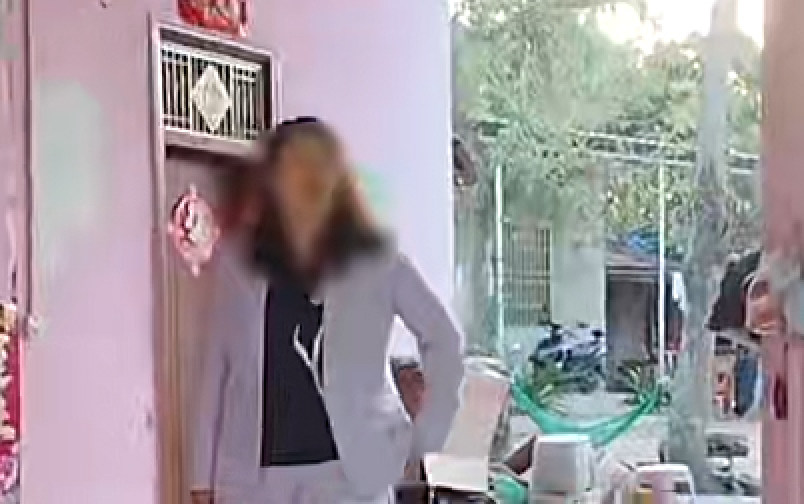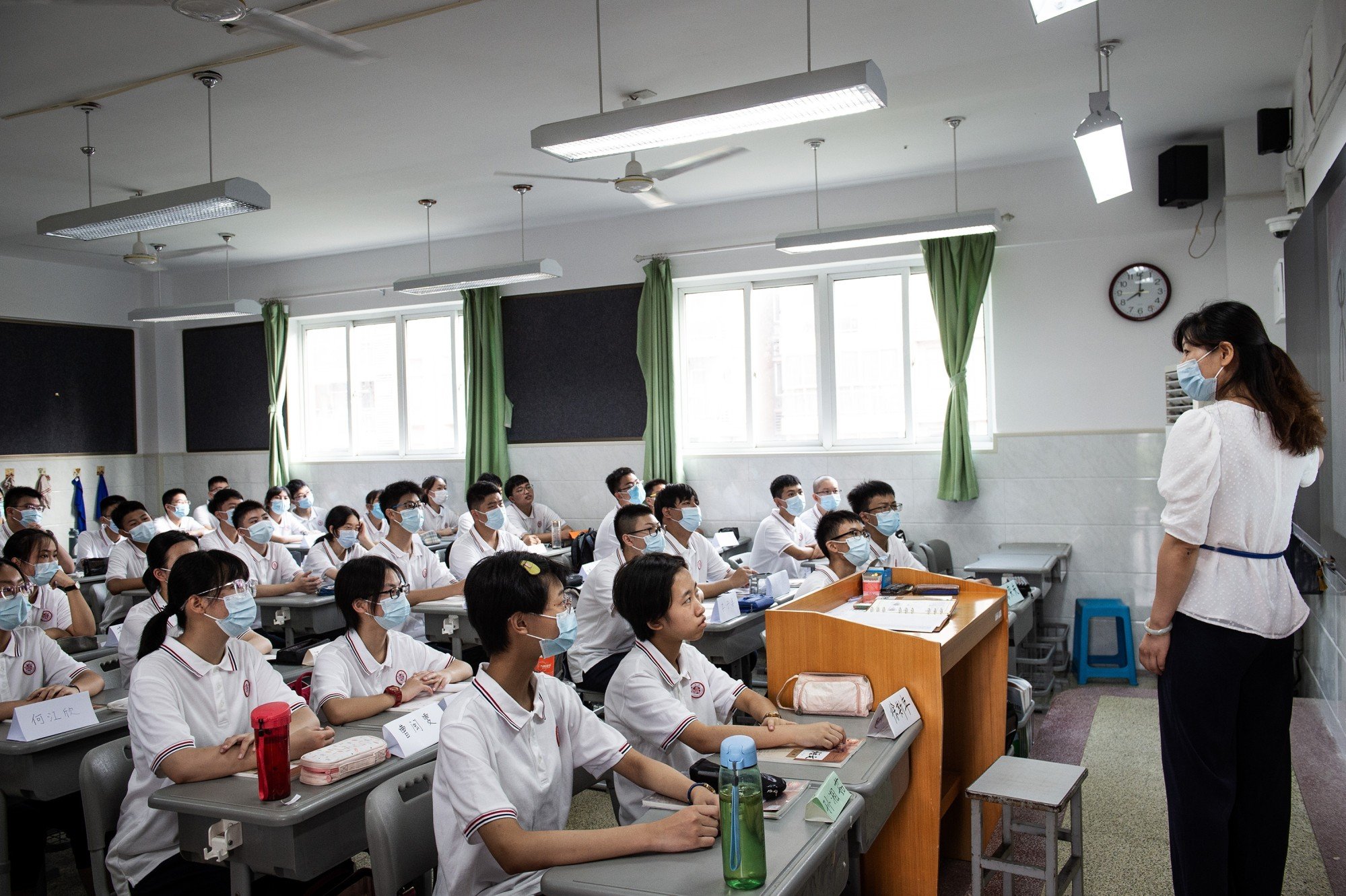
Overzealous China school principal makes dash to home of sick pupil, orders mother to send child to class or risk his future
- Boy faints in school, mother collects him, keeps him home next day
- Principal goes to boy’s home, warns mother boy needs education
A school principal in China who dashed to a student’s home when he took the morning off school because he was ill, and demanded the mother make the boy return to class, has divided opinion on mainland social media.
A junior school principal, surnamed Li, in Hainan province, southern China, said she was concerned about the child after she learned he was not at school, so she visited his home.
When she saw the boy playing outside his house barefoot and not wearing very much, she became angry and shouted at his mother, according to news reports.
“My son does not feel well, don’t you understand? Is it wrong to take half a day off school?” The mother asks Li, according to a video posted on social media.
“Yes. In his condition, he should go to school,” Li responds.
The mother was clearly baffled by the principal’s approach because just the day before her son had fainted at school and his teacher had called her to come and pick him up.

Although the boy felt better that evening, she made the decision that he should rest the next morning.
“He still felt dizzy last night and I had already said he would be off sick,” the mother says.
“Taking sick leave requires a medical certificate. If he has any problems at school, our teachers will look after him,” Li explains, looking increasingly upset in the video.
The mother repeats that she preferred to keep her son at home to monitor his condition, and if he seemed well enough by the afternoon, she would consider sending him to school then.
But Li could not be convinced, and lectured the mother about the importance of education, sharing her personal experience as an example and then insulting the mother over the fact that she is a farmer.
“I’ve never been late for school, and I became a principal. What do you want your son to be? Do you want him to be a farmer like you?” Li asks in the video.
The principal continued with her tirade, asking the mother if she cares whether her son gets a good job. The shocked mother does not respond.
The story has sparked widespread debate on mainland social media.
“Li must be a responsible principal. Not only does she make time to visit the pupil’s home, she also tries hard to convince the mother,” one person said.
“They are so lucky to have such a responsible principal,” another said.
Others supported the mother’s decision and were not impressed with the principal’s reaction.
“The mother is right,” one online observer said.
“The principal’s attitude is very rude,” said another.
In 1986, the Chinese government introduced a nine-year-compulsory education system from primary to secondary school levels in a bid to eradicate illiteracy in the country.
In 2008, that period of education became entirely tuition-free, funded solely by the government.

By 2018, the graduation rate was 94.2 per cent, and the country had 213,800 elementary and secondary schools with 149.9 million students.
The global data and business intelligence platform Statista released a report last year, which showed that the provinces of Tibet, Qinghai, and Gansu had the most illiterate populations of people aged 15 and over. Accounting for 34.55, 9.69, and 9.05 per cent, respectively.

.JPG?itok=NUwH9YK3&v=1713190226)